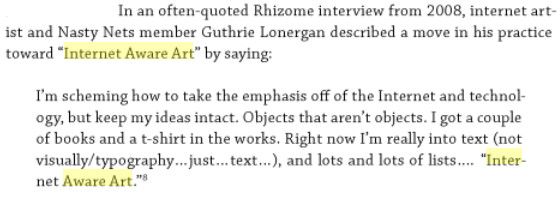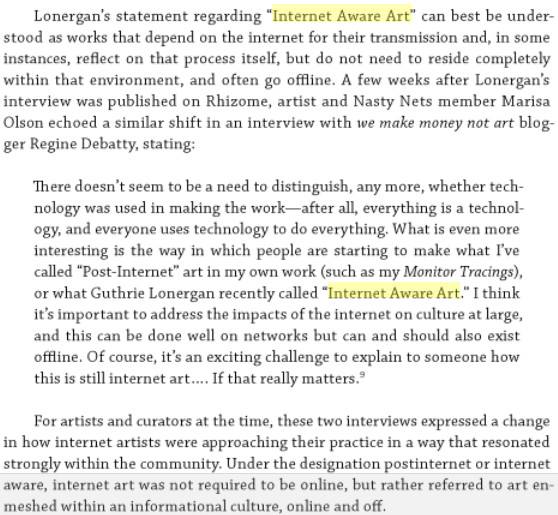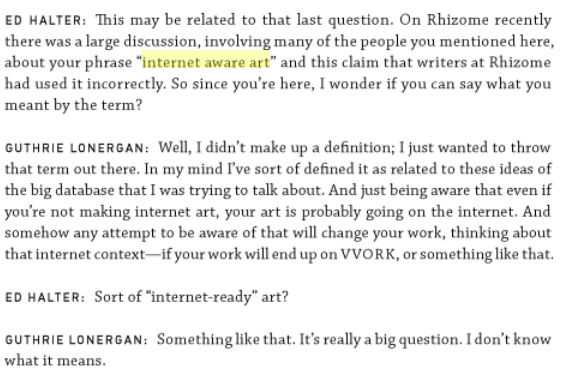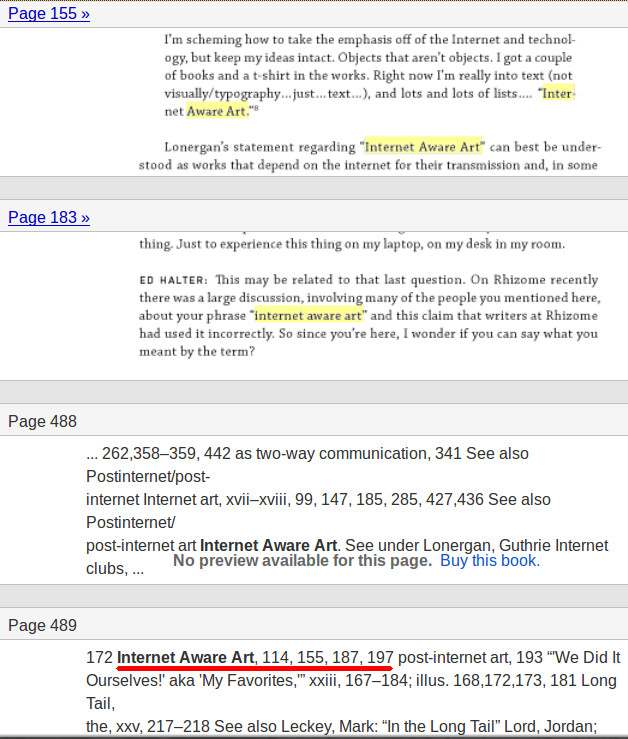A fine rant from Miracle Jones states the unspoken obvious about Amazon:
Amazon is the modern equivalent of the Manson Family: a rapacious organization whose goal is to dissolve human values using technology (guns, dune buggies, LSD, drones, “search,” ebooks) while self-selecting new hidden, hyperactive psychopaths for internal promotion who will thrive within its structure and relish its brutal culling practices, the organization growing more lean and fucked-up in order to do as much damage as possible for dubious, unprofitable goals: not to make money, but to "disrupt" all the piggies.
But that's not the most alarming facet of Amazon. The Manson Family at least had an "us versus them" mentality that let the rest of "us" off the hook if we didn't feel like murdering sad pregnant women to start a race war. Charles Manson was quite happy to be Chief Executive Ballbag at Consolidated Asshole. He liked being in charge. His downfall was rather how much he wanted everyone to know that he was the source and conduit of all the evil he was capable of channeling. He tried to start a business once…a nightclub…but the business failed because Manson was shit at business.
No, the most alarming facet of Amazon is that it makes all of us who actually have souls complicit. It is a great business: it is second order capitalism, a tight iron band around the free market that throttles all retail trade. It is a permanent challenge to morality, a challenge we fail every time we log in. Totalitarianism can be defined as a system where one cannot opt out, and since Amazon's model is not to be a store, but to be the marketplace itself, we often have no choice but to use some aspect of Amazon’s services. And Amazon only offers us ways to fail with respect to morality: it does not offer us the ability to choose to be ethical.
And offers a solution:
How difficult would it be for Amazon to enable us to tip their warehouse workers at every point of sale? Not difficult at all. They already have a program called AmazonSmile that allows you to channel gratuities to the charity of your choice. One would think that Amazon might even welcome the opportunity to make their warehouse jobs more desirable by letting customers tip the workers there for their hard work.
AmazonSmile’s motto is “You shop. Amazon gives.” This is the way it works: you assign a charity of your choice to your account and Amazon donates .5% of all your purchases to that particular charity. There are over a million charities from which it is possible to choose. It is not possible to choose “the workers of Amazon” or “small press authors you are beating in the head with a pipe.”
And maybe that is on us: maybe what we should all do, the customers of Amazon, is create a charity whose specific goal is to provide for the people who work shitty warehouse jobs at Amazon. We register them as a 501(c)(3) charitable organization, and we force Amazon to accept this charity as one of the eligible charities for Smilepoints.
Short of that, you *can* start to break the Amazon habit. There are other e-book makers out there. You can buy that futon at the online store of the company that makes the futon. You can spend a few minutes passing along a well-written essay that ridicules Amazon instead of shopping there for the equivalent amount of time.





